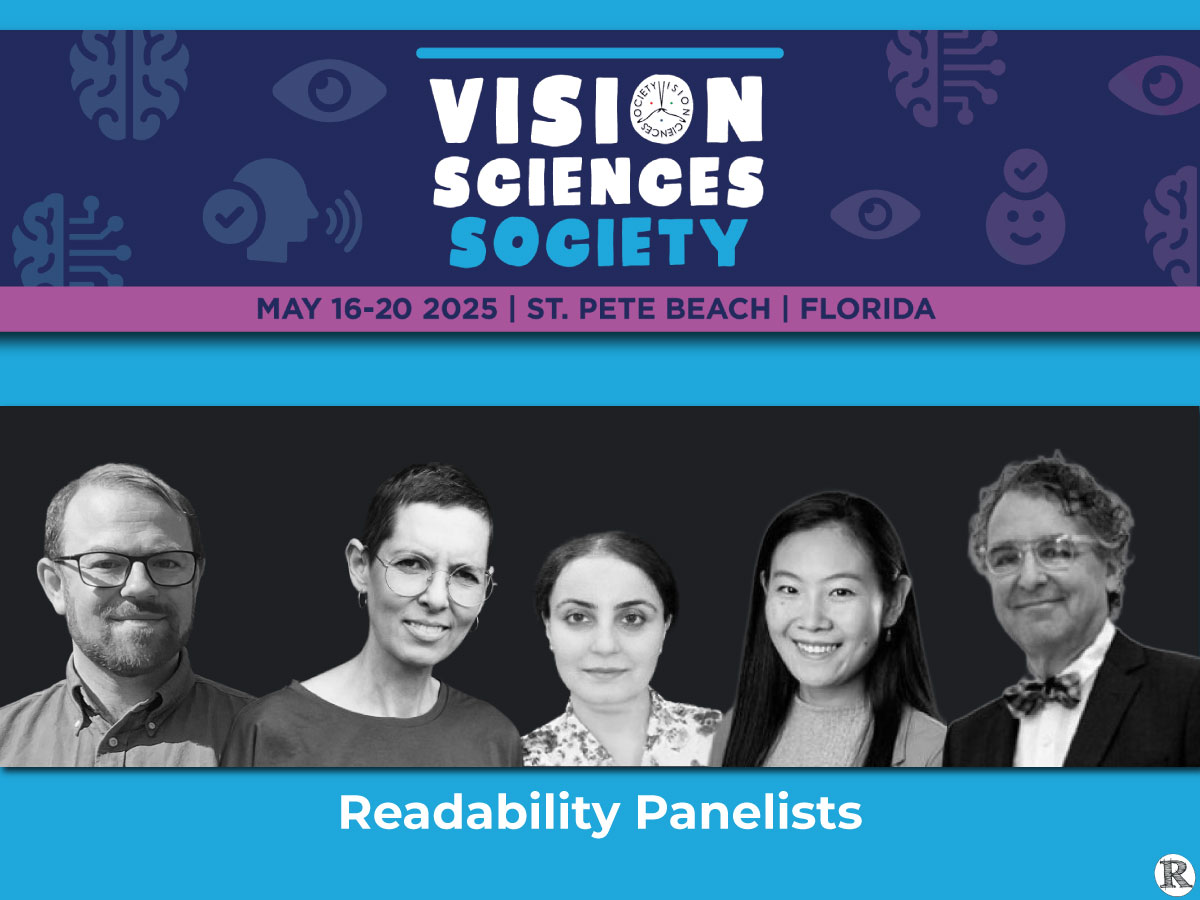Readability Highlights
Vision Sciences Society (VSS) 2025
Guest Author: Nilsu Atilgan, PhD,
Lead Scientist, The Readability Consortium
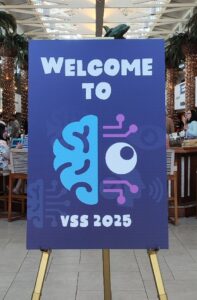 At the annual conference of the Vision Sciences Society in May, 1700 vision scientists gathered to discover exciting new science and make valuable connections.
At the annual conference of the Vision Sciences Society in May, 1700 vision scientists gathered to discover exciting new science and make valuable connections.
Digital readability drew significant attention at the 2025 VSS conference, reflecting a rising momentum around questions of how we read, who is included, and what makes a reading experience truly effective.
How should we measure reading? What does it mean for a reading experience to be good? And how can we ensure that digital reading interfaces support all readers, across languages, abilities, and contexts?
These were the guiding questions behind a thought-provoking workshop and a set of new poster presentations that underscored the complexity of studying readability in our screen-saturated world.
Readability Workshop: Inclusive Metrics and Design
Monday, May 19, 2025
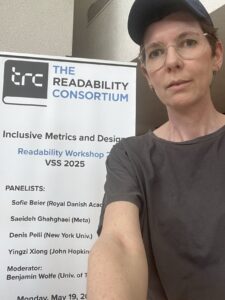
Dr. Sofie Beier, the Royal Danish Academy
In its second year, the Vision Science of Digital Readability workshop shifted gears to tackle a more focused theme: Metrics and Inclusivity. (See the summary of the first workshop here.) Organized by The Readability Consortium, the session brought together a panel of leading researchers and designers to explore how we evaluate digital reading and what counts as success.
Panelists challenged the field to move beyond simple metrics like speed, urging a more nuanced understanding that considers comfort, comprehension, eye movements, visual angle, and user preferences. The discussion emphasized that no single measure can capture the full reading experience. Instead, we need integrated frameworks that adapt to different goals, users, and contexts.
“Understanding one piece well is a step toward understanding the whole,” noted Sofie Beier, one of the panelists, reflecting the scientific humility and ambition that defined the session.
After the panel, an open-floor discussion invited attendees to share ideas, concerns, and priorities. The result was a vibrant community conversation that identified emerging challenges, underexplored populations, and actionable directions for future research.
Looking Ahead
The 2025 workshop made clear that digital readability is no longer a niche topic, it is an evolving interdisciplinary space with growing momentum. Participants expressed a shared commitment to developing better measurement tools, advancing inclusive design practices, and fostering stronger collaboration between academia and industry. With clear enthusiasm and support, the workshop is set to become a recurring event in the VSS calendar.
The Readability Consortium will continue hosting events and initiatives to support this community. For updates, resources, and future opportunities, visit the Readability Consortium webpage.
Readability Workshop: Inclusive Metrics and Design
Monday, May 19, 2025
Panelists
- Moderator: Benjamin Wolfe (University of Toronto Mississauga)
- Sofie Beier (Royal Danish Academy)
- Saeideh Ghahghaei Nezamabadi (Meta Reality Labs)
- Denis Pelli (New York University)
- Yingzi Xiong (Johns Hopkins University)
Organizers
- Nilsu Atilgan (The Readability Consortium)
- Shaun Wallace (University of Rhode Island)
- Ben D. Sawyer (University of Central Florida)
Poster Presentations
Complementing the workshop, researchers presented new studies examining how visual design and context influence digital reading. These projects applied psychophysical methods and experimental paradigms to explore how readers interact with text online, laying the groundwork for evidence-based design and accessibility improvements.
Crowding predicts reading speed and comfort across fonts and participants
Maria Pombo, Minjung Kim, Denis G. Pelli
Font Size, X-Height, and Readability: How Typography Affects Reading Speed Across Different Sizes
Ben Sawyer, Md Manumur Rashid, Hilary Palmén, Mert Küçük, Nilsu Atilgen
Psychophysics of variable fonts: Do multiple font features interact to impact readability?
Silvia Guidi, Anna Kosovicheva, Benjamin Wolfe
The impact of font on typo detection: a novel visual search paradigm
Emily Heffernan, Benjamin Wolfe, Anna Kosovicheva
The Impact of Font Weight on Expressiveness Beyond Latin: Insights from Arabic and English
Nilsu Atilgan, Hilary Palmén, Mert Küçük, Ben D. Sawyer
Typography and Pupilometry: Exploring the Speed, Comprehension, and Concentration Trade-Off in Reading
Borano Llana, Alisa Baron, Kushas Khadka, Yusra Suhail, Shaun Wallace
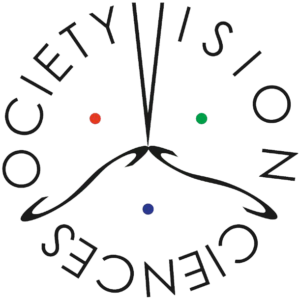 About the Vision Sciences Society: The Vision Sciences Society is a nonprofit membership organization of scientists who are interested in the functional aspects of vision. VSS was founded in 2001 with the main purpose of holding an annual meeting that brings together in one forum scientists from the broad range of disciplines that contribute to vision science, including visual psychophysics, neuroscience, computational vision and cognitive psychology. The scientific content of the meetings reflects the breadth of topics in modern vision science, from visual coding to perception, recognition and the visual control of action, as well as the recent development of new methodologies from cognitive psychology, computer vision and neuroimaging.
About the Vision Sciences Society: The Vision Sciences Society is a nonprofit membership organization of scientists who are interested in the functional aspects of vision. VSS was founded in 2001 with the main purpose of holding an annual meeting that brings together in one forum scientists from the broad range of disciplines that contribute to vision science, including visual psychophysics, neuroscience, computational vision and cognitive psychology. The scientific content of the meetings reflects the breadth of topics in modern vision science, from visual coding to perception, recognition and the visual control of action, as well as the recent development of new methodologies from cognitive psychology, computer vision and neuroimaging.
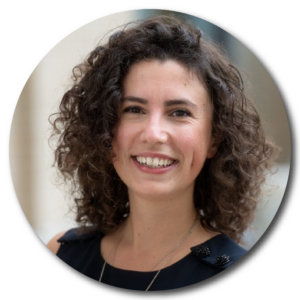 About Guest Author, Nilsu Atilgan, PhD: Nilsu is a senior researcher in The Readability Consortium. She is trained as a vision scientist, received her PhD in cognitive and brain sciences at the University of Minnesota and worked as a postdoctoral researcher at Carnegie Mellon University. Her research focuses on underlying mechanisms of peripheral visual perception and attention, reading, and dyslexia. She has many years of experience studying readability, during her PhD and internship at Meta Reality Labs, ranging from optimizing reading parameters in low vision population to improving text legibility in AR/VR systems. Nilsu leads the research efforts within TRC in the topics of Psychophysics of Variable Typography and Information Design for the Individual.
About Guest Author, Nilsu Atilgan, PhD: Nilsu is a senior researcher in The Readability Consortium. She is trained as a vision scientist, received her PhD in cognitive and brain sciences at the University of Minnesota and worked as a postdoctoral researcher at Carnegie Mellon University. Her research focuses on underlying mechanisms of peripheral visual perception and attention, reading, and dyslexia. She has many years of experience studying readability, during her PhD and internship at Meta Reality Labs, ranging from optimizing reading parameters in low vision population to improving text legibility in AR/VR systems. Nilsu leads the research efforts within TRC in the topics of Psychophysics of Variable Typography and Information Design for the Individual.

